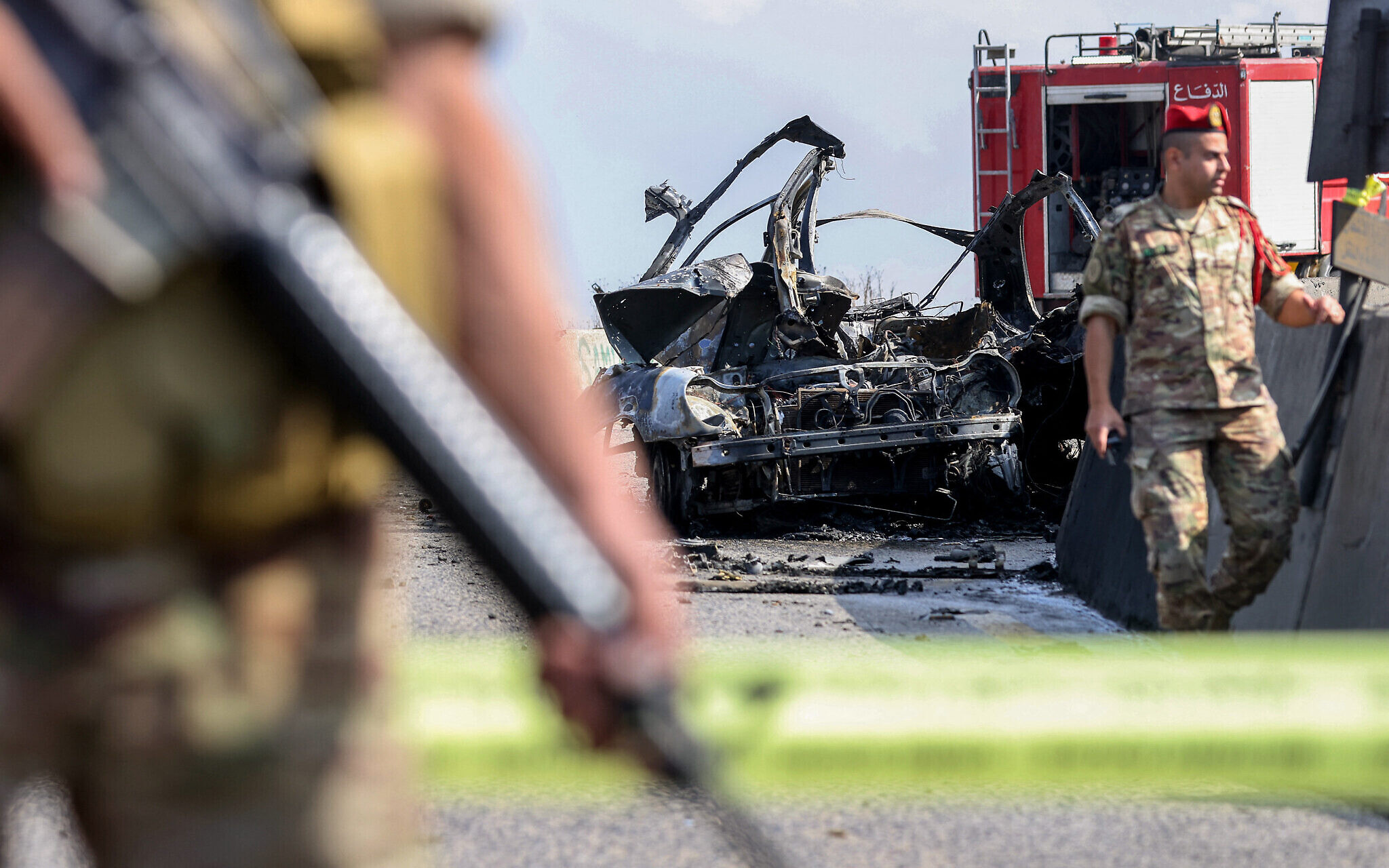Cease-fire Uncertainty: UNIFIL’s Role Under Scrutiny Amid Tensions
As Israel and Hezbollah navigate a precarious cease-fire following a lengthy conflict, serious concerns are resurfacing about the United Nations (U.N.) peacekeepers’ inability to enforce U.N. Security Council Resolution 1701. Many are questioning whether the UN peacekeepers’ ongoing presence inadvertently serves the interests of the Iran-backed Hezbollah militia.
Recent Cease-fire Agreement
The cease-fire, which was brokered by the United States and France, took effect on November 27, 2023, aiming to bring an end to over a year of intense conflict between Israel and Hezbollah. Under the terms of the agreement, Hezbollah committed to withdrawing north of the Litani River, while Israeli forces are set to retract from southern Lebanon within a 60-day timeline. While this diplomatic breakthrough appears promising, immediate challenges are already presenting themselves, as both parties have begun exchanging accusations of cease-fire violations.
Violations and Accusations
On Monday, Hezbollah launched two projectiles targeting Mount Dov, accusing Israel of violating the cease-fire conditions. In an assertive response, Israeli Prime Minister Benjamin Netanyahu condemned Hezbollah’s actions, declaring in a social media post, “Hezbollah’s fire toward Mount Dov constitutes a serious violation of the cease-fire, and Israel will respond forcefully. We are determined to continue enforcing the cease-fire and to respond to any violation by Hezbollah—whether minor or severe.”
International Monitoring Amid Skepticism
Oversight of the cease-fire is being managed by a five-nation monitoring committee led by the United States, which U.S. envoy Amos Hochstein has described as a “game-changer” in addressing limitations of previous agreements. However, many observers remain skeptical about whether these measures will lead to long-lasting peace in the region.
UNIFIL’s Role Under Fire
The United Nations Interim Force in Lebanon (UNIFIL) has faced increasing criticism regarding its effectiveness in ensuring the compliance of both parties to Resolution 1701. Javed Ali, a former U.S. counterterrorism official now teaching at the University of Michigan’s Gerald R. Ford School of Public Policy, expressed concern over the ongoing challenges that UNIFIL encounters. “The same issues will likely arise under the revised UNSCR 1701,” he stated, emphasizing the dual responsibility held by both the Lebanese Army and UNIFIL to prevent Hezbollah from reestablishing its operational base south of the Litani River—a critical component for preventing future threats to Israel.
Ali further drew parallels to historical U.N. peacekeeping failures in complex conflict zones such as Somalia, Rwanda, and the Balkans. “Historically, U.N. peacekeeping forces have struggled to prevent the outbreak or escalation of armed conflict in smaller, complex regions marked by ethnic, tribal, or religious divisions,” he added.
On-the-Ground Tensions
A recent incident highlighted the complexities of implementing the fragile cease-fire. In the southern Lebanese village of Houla, Israeli reserve forces were engaged in a cautious operation to clear buildings while contending with entrenched Hezbollah fighters. Gunfire erupted as Hezbollah operatives fired from nearby houses. Amid this escalating situation, a UNIFIL convoy unexpectedly drove into the firefight, startling both combatants. According to Israeli journalist Itai Anghel, embedded with the Israeli Defense Forces (IDF), the timing and route of the convoy raised suspicions of possible coordination with Hezbollah.
“This was unlike anything I’ve seen before,” Anghel recalled. “Every second or third house in the village was packed with weapons, RPGs, and tunnels aimed at storming Israeli villages just kilometers away. The soldiers were frustrated, feeling UNIFIL’s presence would allow the situation to revert to how it was before the conflict.” An IDF official further alleged that during the prolonged fighting in South Lebanon, Hezbollah exploited U.N. convoys and facilities for their benefit. “We’ve seen Hezbollah use U.N. convoys to gather intelligence safely, even planting cameras outside UNIFIL bases. In one case, a massive tunnel was found just meters from a UNIFIL installation. It’s impossible they didn’t know about it,” said the official.
Moreover, a former IDF special unit fighter recounted how Hezbollah operated freely in proximity to UNIFIL peacekeepers: “We’d see UNIFIL on one side and Hezbollah just meters away on the other. Over time, Hezbollah grew bolder, even setting up tents right on the border.”
UNIFIL’s Limited Powers
In light of ongoing tensions, UNIFIL maintains that its role is largely confined to monitoring and reporting violations rather than enforcing compliance. “Resolution 1701’s implementation is the responsibility of Lebanon and Israel,” stated Andrea Teneti, a UNIFIL spokesperson. “We support implementation and reporting, but we lack the mandate to enforce the resolution or disarm Hezbollah by force.”
Despite their constraints, UNIFIL points to the relatively stable conditions experienced from 2006 to 2023 as evidence of their contributions, stressing the need for full implementation of Resolution 1701 to address the proliferation of unauthorized weapons in southern Lebanon. Teneti emphasized that “there is no military solution” to the complexities of the situation.
Challenges Ahead
Critics argue that Hezbollah has circumvented nearly all conditions outlined in UNSCR 1701. “The group has built fortified bunkers and established operational capabilities within close proximity to UN peacekeepers,” observers suggest. As the fragile cease-fire continues amidst accusations of violations, the urgency for effective governance and compliance looms ever larger. The future of the region remains uncertain, as tensions persist and the role of international bodies like UNIFIL is re-examined. The need for a robust and enforceable framework for peace is more critical than ever.
